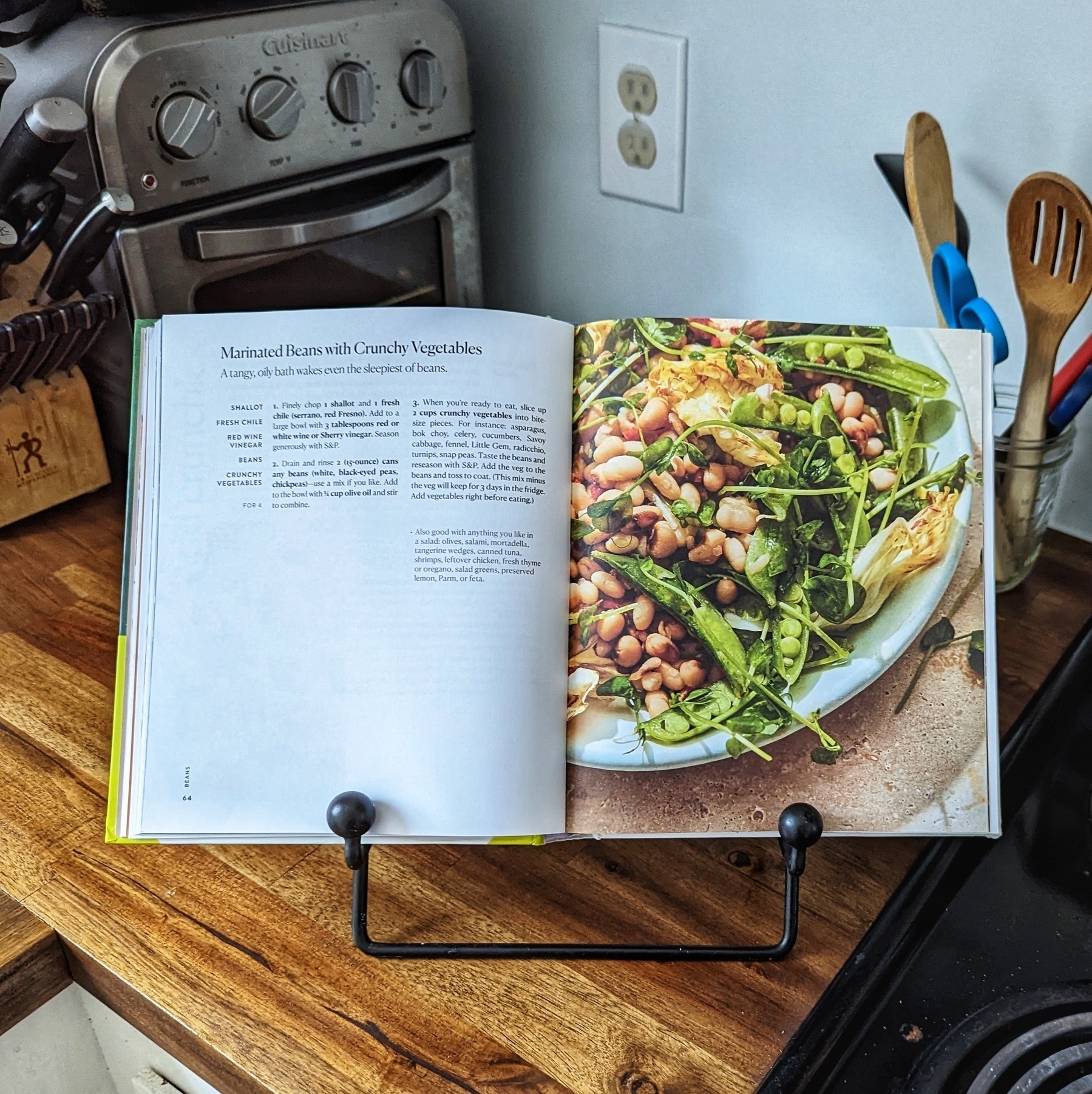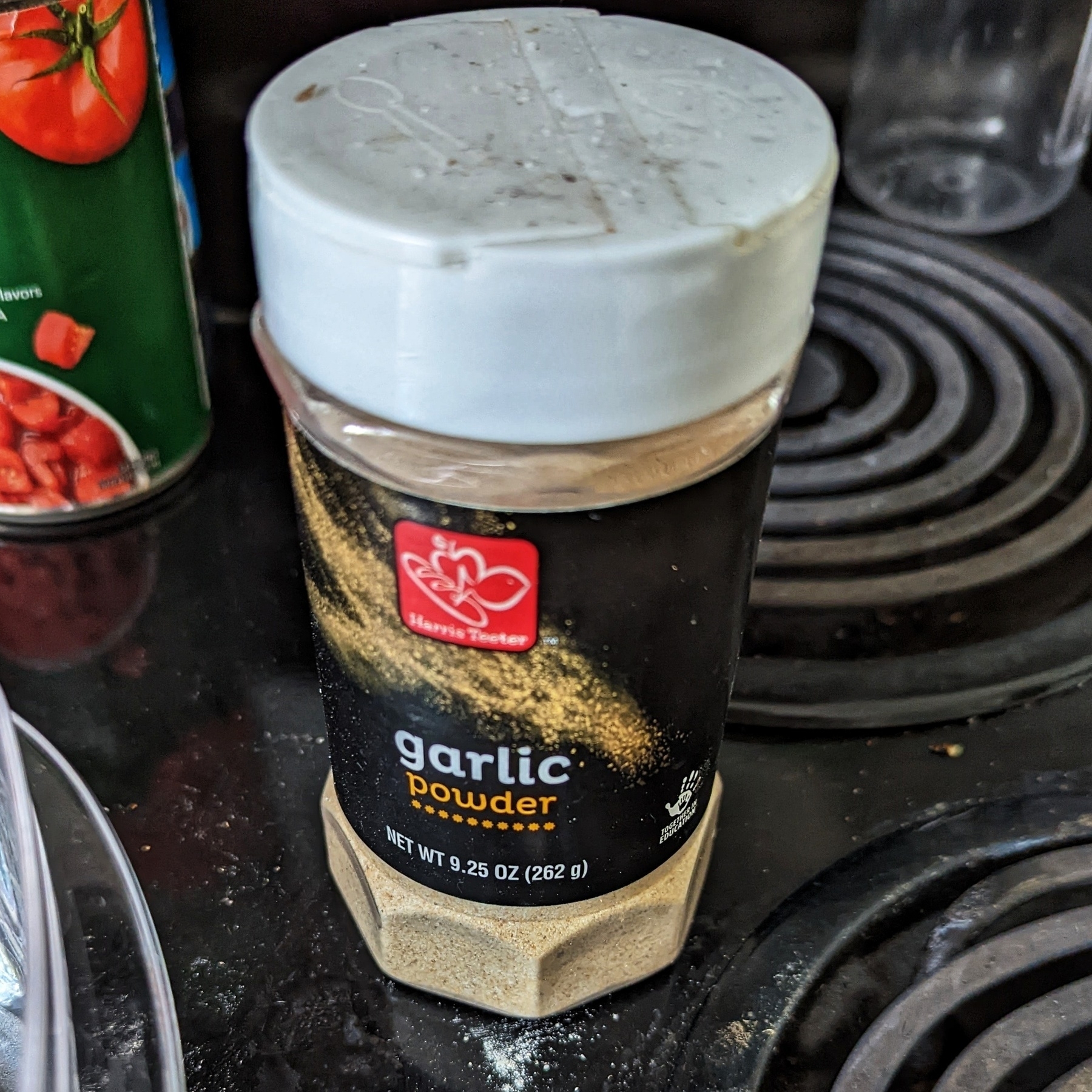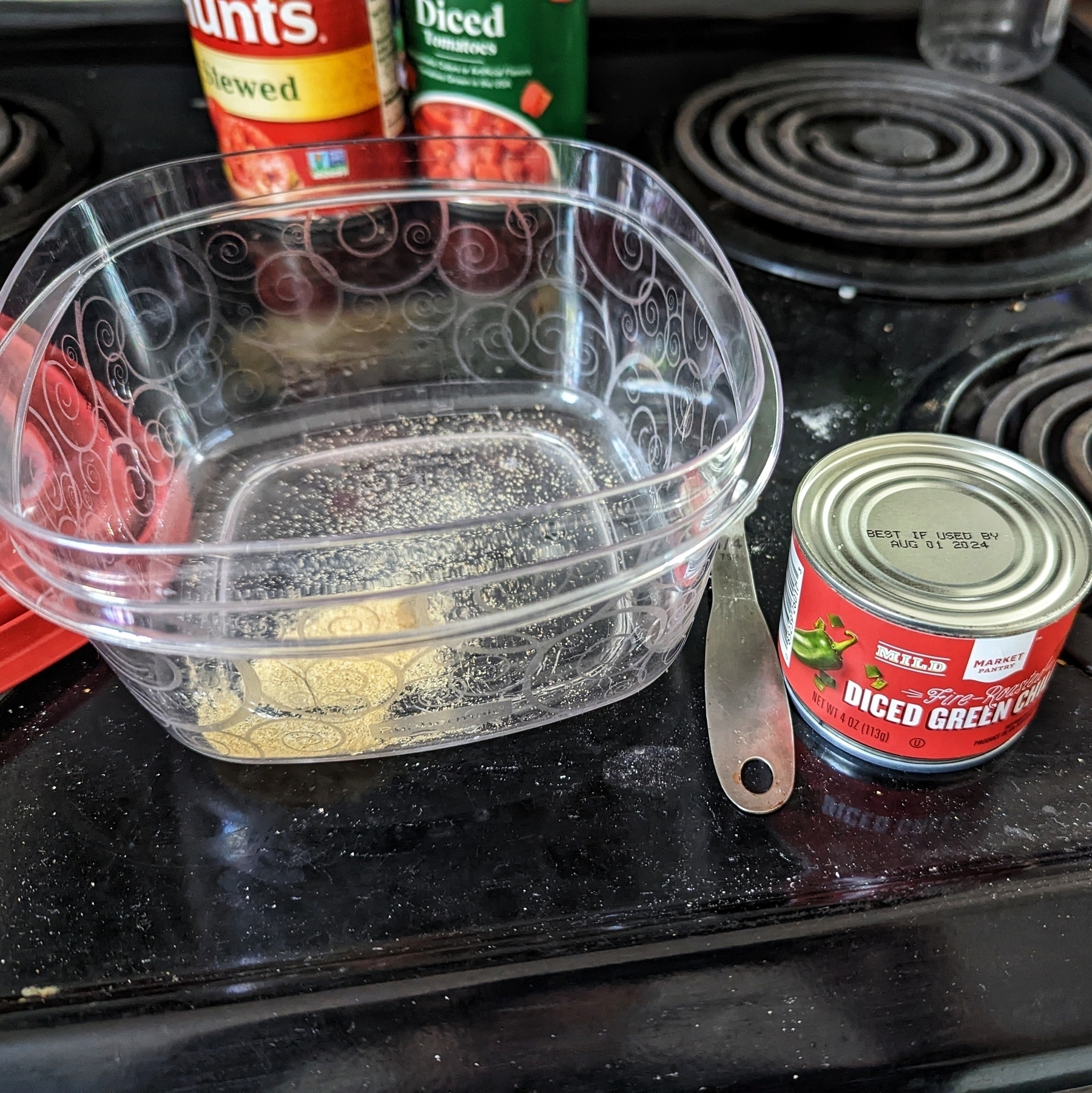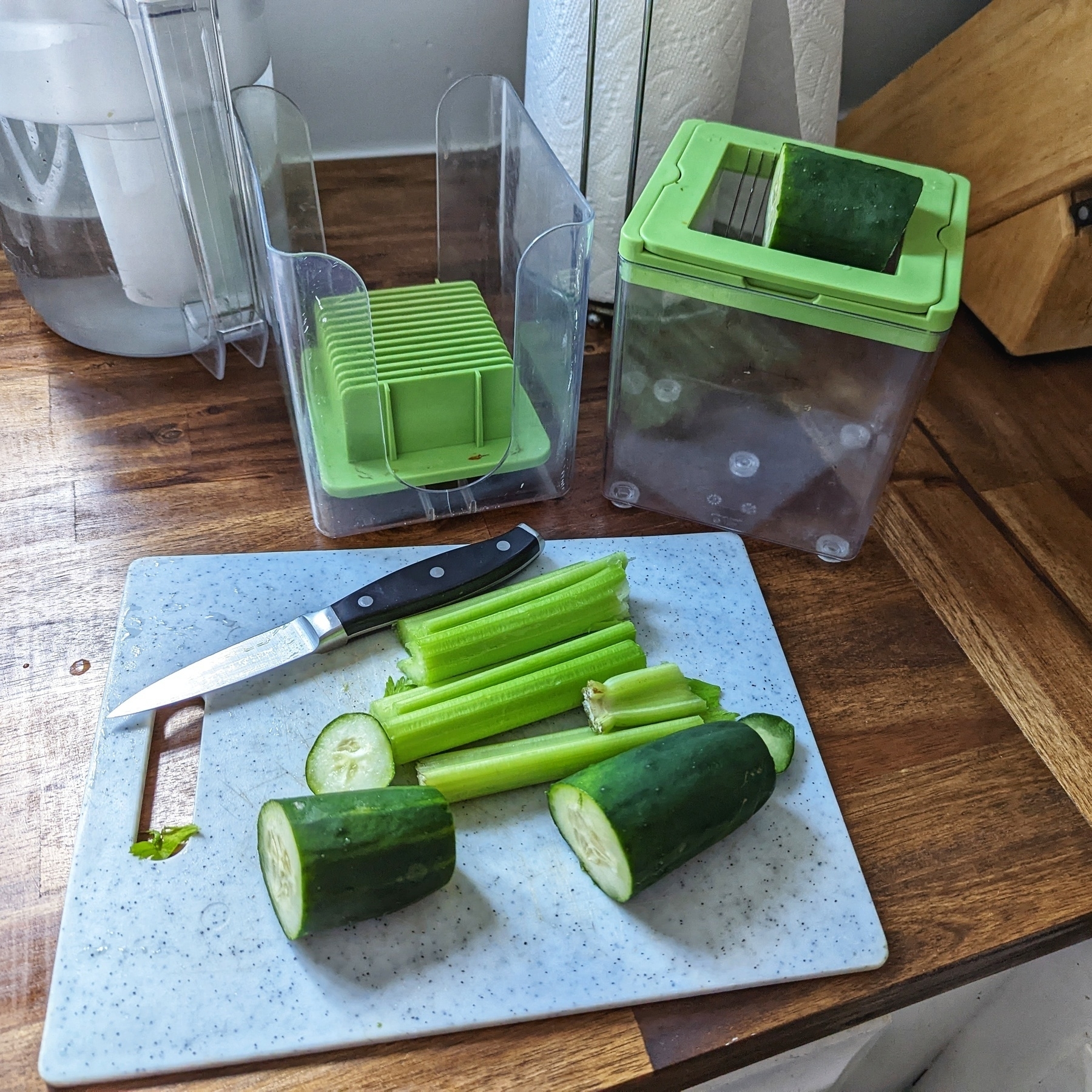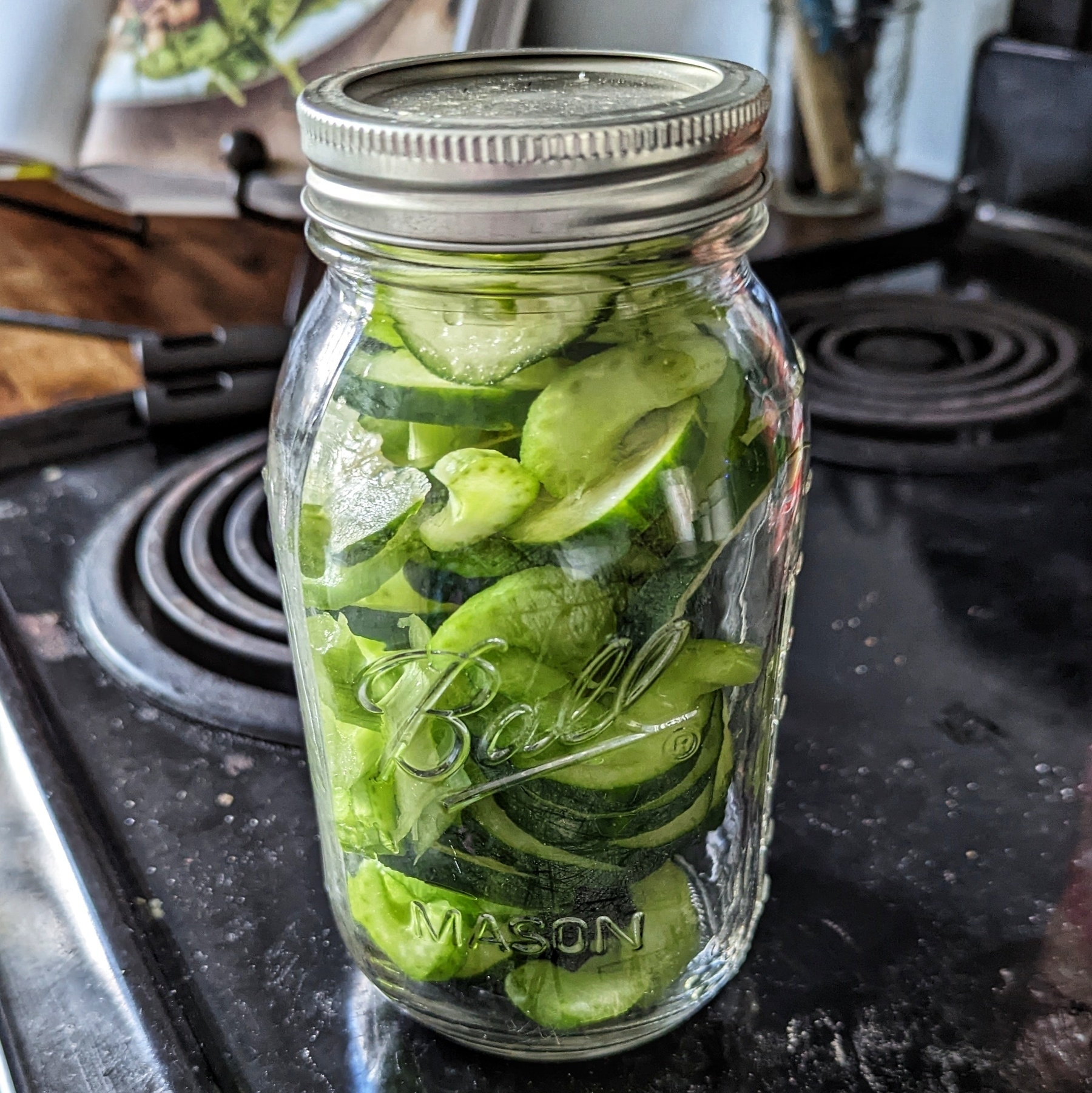I just finished the first episode of Wednesday. I have so many thoughts and feelings.
First, I’ve seen criticism that the Addams Family works best when you have the whole family. (Sadly, I can’t find the link to where I read this right now.) I completely agree but the decision to rely on the trope of a teen rebelling against their parents means any family time here is very tense. So I don’t want the whole family together because they’re not as loving as I’m used to.
As Emmet Asher-Perrin points out, the Addams Family movies are all about family as a safe haven, on the unconditional not just love, but positive regard they have for their children. That vibe isn’t present here.
(I’ll mention at this point that I haven’t seen the recent animated Addams Family movies, and that I shunned the musical because a huge part of the premise was Wednesday wanting to be normal for a boy and that’s just… not very Wednesday.)
But.
Jenna Ortega is brilliant. She perfectly revives My Generation’s Wednesday (what’s my generation? Xennials I guess?). Her delivery is beautiful. Her physicality is on point (🤺).
I really appreciate the Christina Ricci cameo. She’s adorable.
I love how this feels like a goth Veronica Mars. I’ve seen comparisons to Riverdale, but at least in the first season, Jughead’s narration is reportage, not reflection. He is wryly commenting on the corruption in his town. In contrast, Veronica and Wednesday give us interiority that isn’t self-indulgent.
It has me thinking about what bell hooks has to say about confessional writing, how perception of it is gendered. I’ve been reading remembered rapture lately.
I can’t deal with the family tension and all of the school bits are sort of… just being the cliche rather than commenting on it?
We’ve seen this roommate dynamic in Wicked (I may have started singing “Loathing” to myself when Wednesday and Enid met). There doesn’t seem to be a new take on it here.
Also: the embrace of the supernatural beyond the Addams’s immediate circle feels a little off to me here. In Charles Addams’s comics and in the 90s movies, the world was pretty normal. To suddenly have a school full of vampires, werewolves, gorgons, and sirens feels not exactly random, but out of place.
On this note: Thing. Thing has scars, Frankenstein’s creature style, and I don’t love it. I think because a disembodied hand is enough weird. It requires no additional weird.
The costumes are wonderful. The exterior view of the school makes me super happy.
I’ll give it a few more episodes but giving the Addams Family the Riverdale treatment with a Harry Potter setting, Doyle/Cordelia-on-Angel visions, and a more-Veronica Mars-than-Jughead voiceover feels mostly like trying to do too many things at one time.
(Also, I’ve seen comparisons to Nancy Drew, Buffy, and Sabrina the Teenage Witch but none to VMars, which feels super weird to me.)

